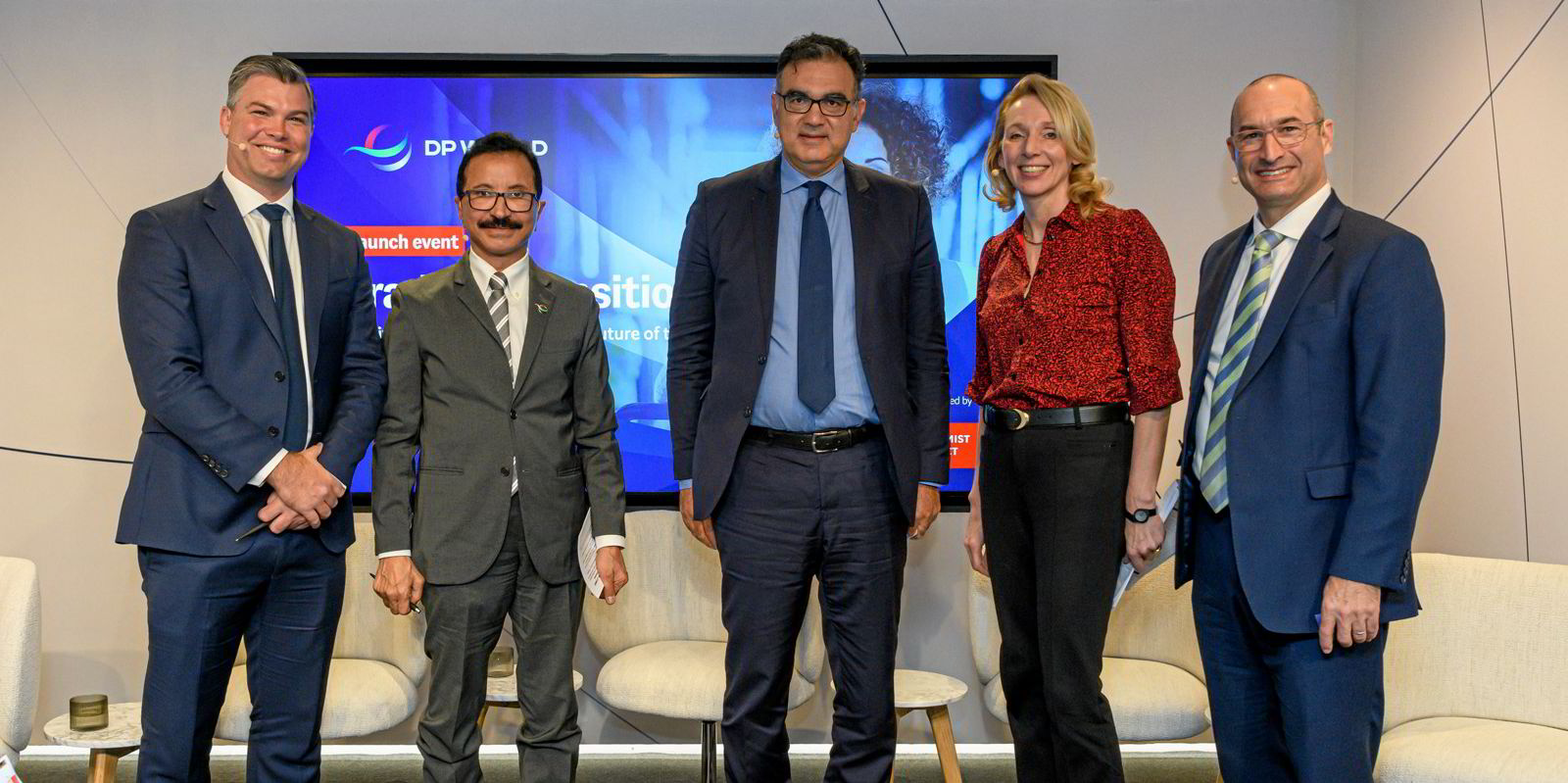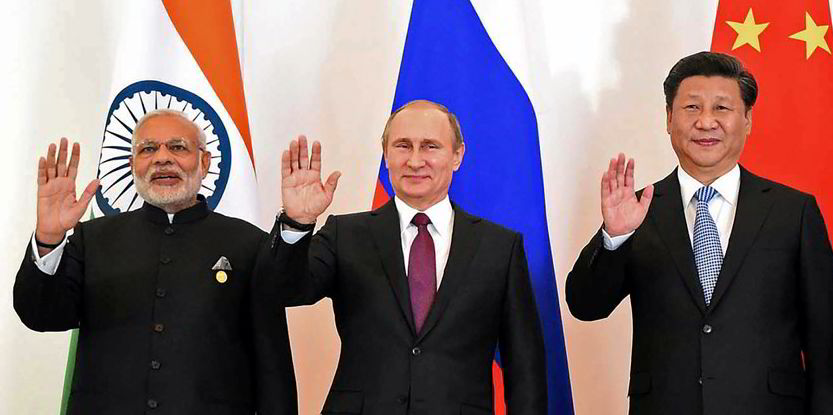Shippers are moving manufacturing closer to home to protect against supply chain disruptions after the extended Covid lockdowns and Ukraine war shocks, according to a report on global trade presented at the World Economic Forum in Davos by global ports group DP World.
Inflation and increasing protectionist policies across trading blocs are also having an impact, said the report.
Trade in Transition study, with 96% of companies confirmed they are making changes to their supply chains due to geopolitical events.
The number of companies shifting their manufacturing and suppliers, either to their home markets or nearby, has doubled compared to 2021, added the report commissioned by DP World and led by Economist Impact.
The reasons for changing export and import patterns are varied though with 27% of companies decreasing the length of their supply chains due to geopolitical events such as the war in Ukraine, and 33% planning to expand into more stable and transparent markets.
Another 30% cited inflationary pressures expected over the next two years and supply shortages, including high energy costs and shipping capacity constraints.
The fragmentation of the world into trade blocs was also cited by 10% of respondents as limiting the growth of international trade. The war in Ukraine, US-China tensions and cyber warfare were all factors.
DP World group chairman and chief executive Sultan Ahmed Bin Sulayem said: “By bringing production closer to the final customer, firms can reduce the number of touch points involved in the supply chain and build greater resilience into the flow of cargo around the world.”
Real-time visibility and end-to-end supply chain capabilities are all becoming more critical, he added.
Resilience is being prioritised over short-term profitability and just-in-time policies continue to be replaced by just-in-case as companies increase their inventory buffers from an average 8.9 weeks in 2021 to 10.1 weeks in 2022.
However, recent McKinsey reports have stressed that although diversification of supply is sensible, it can become very costly beyond a certain point.
McKinsey said every global region relies on trade with others for more than 25% of at least one important type of good, and importing countries rely on just three other nations for 40% of trade.
The consultants added that global trade flows are now being increasingly led by intangibles, services and human skills.
Deborah Elms, founder and executive director of the Asian Trade Centre and president of the Asia Business Trade Association, said of the DP World report that governments need to solve trade problems.
However, she added: “Government solutions are often wildly out of date, clunky and difficult.” Streamlining trade policies needs to be prioritised at all levels, she said.





